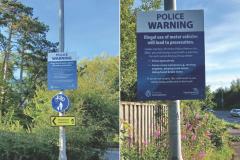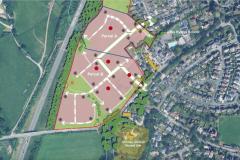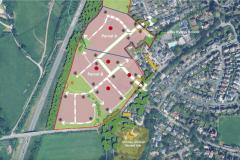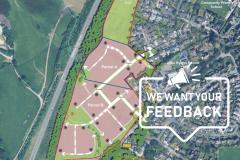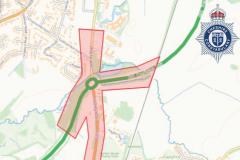Cheshire East Council has submitted its transformation plan to government.
The comprehensive plan, approved at a meeting of the council's corporate policy committee on 21 August, represents an important milestone in the council's journey.
The plan outlines how the council faces significant challenges, including the need to reduce spending by £100m over the next four years. It recognises that this will require substantial change and additional capacity to deliver many of the opportunities identified.
The Council says successful delivery of this plan will lead to a financially stable organisation with improved outcomes for residents.
Six programmes have been identified with many projects underneath them. Over the coming months, the council will develop business cases for these projects to fully understand the benefits and opportunities that will come from their delivery.
The six programme areas outline financial benefits of between £59m-£91m with an additional £14m from digital projects. These focus on:
● Workplace: including looking at how the organisation will operate in future;
● Social care: considering how the council supports children and adults who have the highest need for social care services;
● Place: seeking to transform the council's approach to improving our local economy, maximising the council's assets and reviewing its approach to some place-based services, such as exploring automatic number plate recognition enforcement;
● Early intervention, prevention and customer: supporting residents to become more resilient, self-sufficient and avoid crisis, alongside managing long-term demand for services;
● Digital: delivering digital projects that will benefit the council and residents through technology; and
● Special projects: projects linked to the financial and strategic objectives of the council.
Councillor Nick Mannion, leader of Cheshire East Council, said: "The plan sets out the ambition of how we will radically change over the next four years, spending £100m less,
becoming a more cost-effective council. It is not just about reduced spending – it's about making meaningful impact for those who need our services, while addressing the challenges and opportunities that lie ahead, whilst living within our means.
"This will lead to changes in some areas and the council reducing, or even stopping, some services. We simply do not have the money to do everything, everywhere anymore.
"As leader of the council, I recognise that transformation on this scale represents a new and difficult challenge for us. The programme will deliver an ambitious and far-reaching portfolio of transformation programmes and projects that address a range of fundamental issues we face in responding to the changing needs and expectations of residents and
communities.
"I absolutely believe that the transformation plan represents a unique, once-in-a- generation opportunity to redefine the organisation and how we operate. We must listen to and reset the expectations between the council and our residents and modernise council services, at pace.
"We will also use new technology, where appropriate, to ensure the council is more effective and efficient, resulting in enhanced customer care and value for every penny spent."
